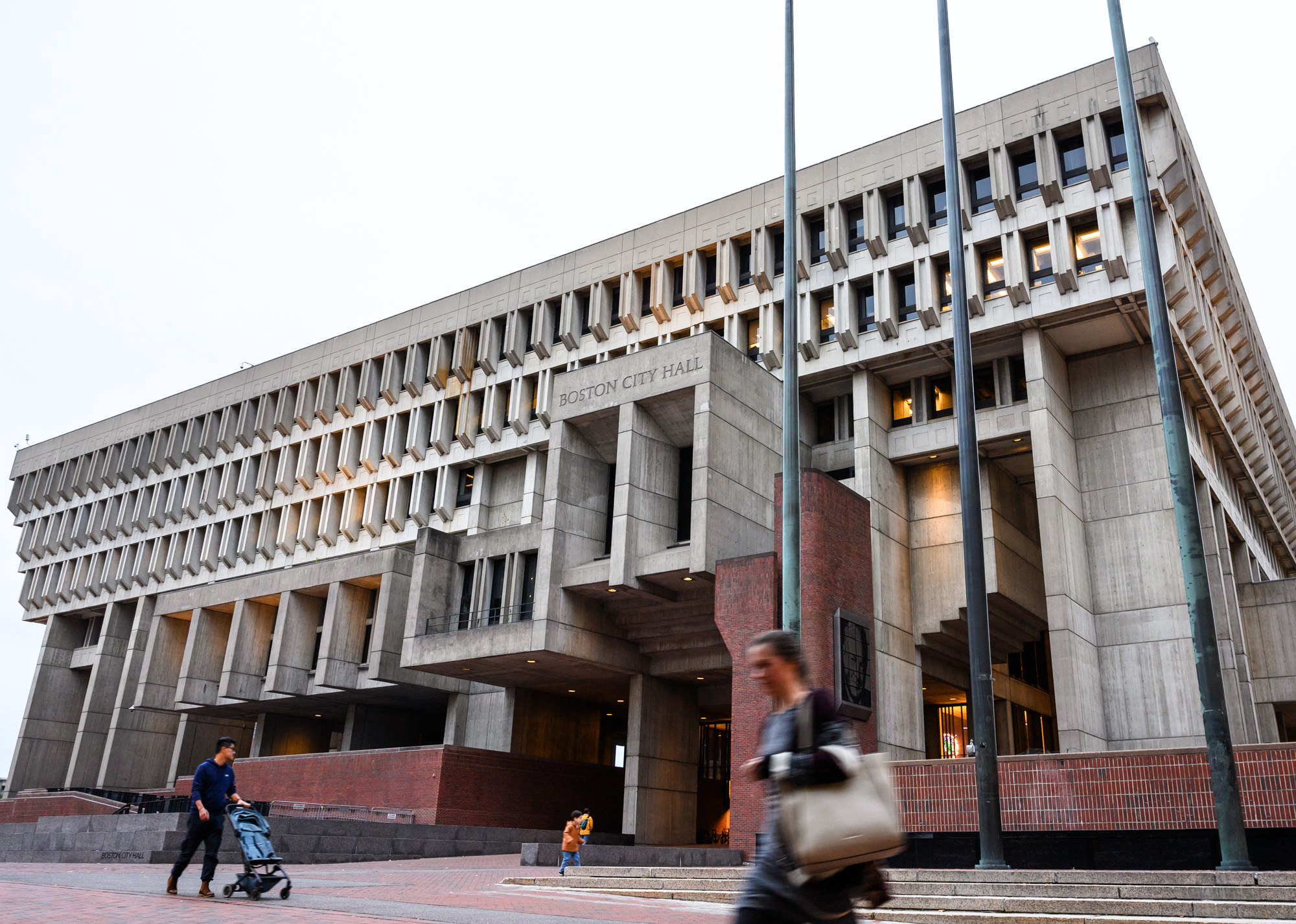While Northampton City Council is considering a resolution to declare the city a “sanctuary” for transgender and gender-diverse individuals, Boston has yet to take formal steps to pass a similar measure. However, Boston officials have made efforts to protect and support the LGBTQ+ community in other ways.

The resolution, co-authored by Northampton City Councilors Deborah Klemer and Rachel Maiore, aims to protect transgender and gender-diverse residents. The decision by the Northampton City Council follows a wave of anti-LGBTQ+ legislation across the country and “oppressive forces” acting against the community, Maiore said.
“We did it because we want people to feel safe here. Northampton has a great reputation as being very welcoming for all different types of people,” Klemer said. “We just want to put as much protection around people as we can.”
Maiore said she hopes other cities would follow suit and “pass some more sanctuary city proclamations and resolutions.”
While the Boston City Council has not formally debated any resolutions or legislation aimed at declaring Boston a sanctuary city t for transgender or gender-diverse individuals, conversations are taking place about how best to protect LGBTQ+ residents.
“We applaud Northampton for considering this resolution, and more so for committing to the work it will take to make it a reality,” Boston City Councilor Henry Santana wrote in an email to The Daily Free Press.
Jacob deBlecourt, director of policy for Councilor Tania Fernandes Anderson, said instead of filing a sanctuary city resolution, Anderson increased funding for the Mayor’s Office of LGBTQ+ Advancement.
DeBlecourt said instead of creating a “symbolic gesture,” like a sanctuary city resolution, the main concern for the council in regards to LGBTQ+ legislation is to “get the money for services that are going to provide real-time care towards queer people.”
“It’s one thing to say we stand against anti-LGBTQ legislation,” deBlecourt said. “It’s another thing entirely, and an arguably more important thing to do, to really unpack the systems in a place like Boston that are perpetuating homophobia and queerphobia.”
However, the Office of LGBTQ+ Advancement is not yet codified within the City’s legal code. The office currently exists as a “a line item in the budget,” meaning future administrations could dissolve it at any time, deBlecourt said.
“[Codifying the office] is an avenue that we could go down in terms of how to more effectively solidify the rights of queer people,” deBlecourt said.
Alongside Anderson’s efforts, other Boston city councilors have demonstrated support for the LGBTQ+ community through legislative efforts.
In the spring, Councilor Sharon Durkan filed a resolution recognizing Transgender Day of Visibility on March 31, which was supported by Councilor Santana.
Santana wrote he worked to protect the city’s LGBTQ+ residents by introducing several bills intended to ensure their wellbeing.
Some of these bills include establishing LGBTQ+ youth community spaces in Boston and gender-neutral bathrooms in City-owned buildings. Others would address LBGTQ+ youth and young adult homelessness and the City’s LGBTQ+ mental health data collection and further community needs.
“It’s not enough for us to rely on Massachusetts being a relatively progressive and accepting place, or to laud ourselves for past progress like same-sex marriage,” Santana wrote. “We need to continue our work every day to support our transgender and gender-diverse community.”


















































































































